Uncategorized
-
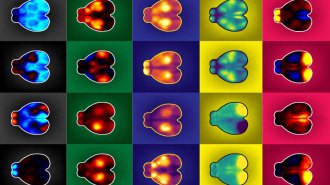
Mice fidget. Those motions have big effects on their brains
Unnecessary motion has a profound and widespread effect on nerve cell behavior in mice.
-
 Humans
HumansVaping-related illness reports have surged to 805 from 46 U.S. states
Twelve people have now died from lung injuries tied to e-cigarettes, the U.S. Centers for Disease Control and Prevention finds.
-
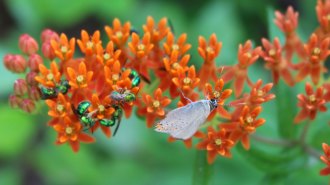 Life
LifeConnecting our dwindling natural habitats could help preserve plant diversity
As pristine habitats shrink worldwide, a massive, 18-year experiment suggests that linking up what's left with natural corridors could help ecosystems retain plant diversity.
-
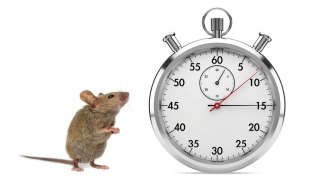 Health & Medicine
Health & MedicineA mouse’s metabolism may follow circadian rhythms set by gut bacteria
While animals’ circadian clocks control functions from sleep to hormone release, gut bacteria dictate when mice’s small intestines take up fat.
-
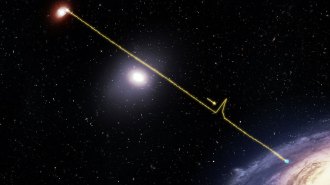 Space
SpaceThis fast radio burst shined a light on a galaxy’s mysterious gas halo
A lucky alignment let astronomers probe one galaxy’s diffuse gas using a brief, bright blast from a more distant galaxy.
-
 Health & Medicine
Health & Medicine50 years ago, scientists warned of marijuana’s effects on the unborn
In 1969, scientists warned about prenatal marijuana exposure. Researchers today are still untangling drug’s effect on fetuses.
-
 Health & Medicine
Health & MedicineRockland’s measles outbreak is over, but U.S. elimination status is still at risk
Officials in Rockland County in New York announced that their measles outbreak, which began October 1 of last year, is finally finished.
-
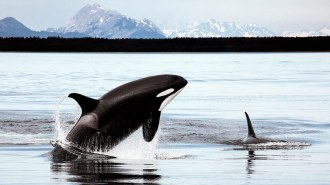 Life
LifeLosing genes may have helped whales’ ancestors adapt to life under the sea
Jettisoning genes tied to saliva and the lungs, among others, could have smoothed ancient cetaceans’ land-to-water transition 50 million years ago.
-
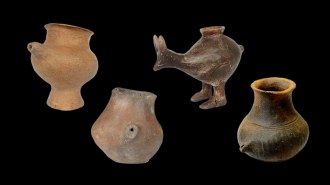 Archaeology
ArchaeologyBaby bottles may go back millennia in Europe
Europe’s early farmers used spouted vessels to wean infants, an analysis of residue from animal milk left in the containers suggests.
By Bruce Bower -
 Climate
ClimateIPCC report warns of a bleak future for oceans and frozen regions under climate change
A new IPCC report offers dire warnings about how climate change is altering oceans, the polar regions and the high snowy mountains.
-
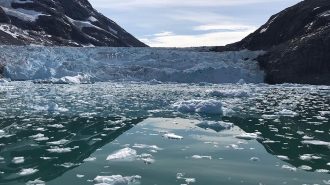 Climate
ClimateHow climate change is already altering oceans and ice, and what’s to come
A new IPCC report gives the lowdown on how climate change is already wreaking havoc on Earth’s oceans and frozen regions, and how much worse things could get.
-
 Science & Society
Science & Society3-D printed ‘ghost guns’ pose new challenges for crime-scene investigators
Researchers are analyzing the ballistics of 3-D printed guns and the plastic they leave behind to help forensic scientists track these DIY weapons.